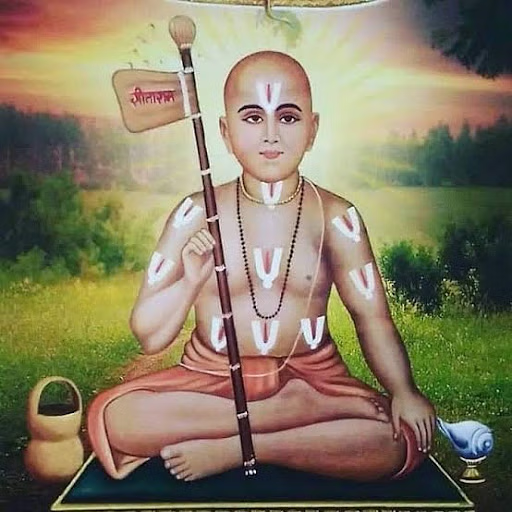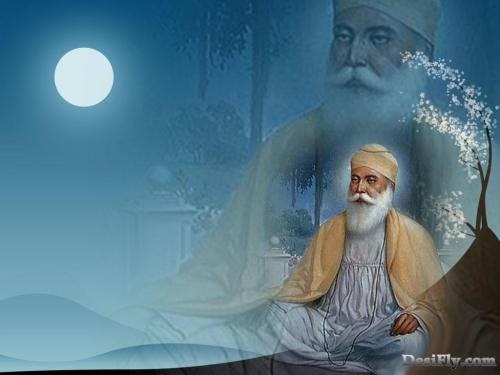
ONKAR, generally written down as Oankar in Sikh Scriptural writings, is derived from the Upanisadic word Oankara (om+kara) originally signifying pronouncing or rendering into writing the syllable Om. Known as synonym of Om it has been used in the Vedic literature and, in particular in its religio philosophical texts known as the Upanisads, as a holy vocable of mystical signification and as the most sacred of the names of Brahman, the Supreme Self or the one entity which fills all space and time and which is the source of the whole universe including the gods themselves. The word om, the most hallowed name of Brahman, is derived, according to the Gopathabrdhmana (I. 24), from dp `to pervade` or from av `to protect`.
BHAIRON, BHAI, a devout Sikh of the time of Guru Hargobind (1595-1644). Bhai Bhairon`s name occurs along With those of Sadh, Deva,Jhanda and Bidhia in a contemporary Persian work, Dabistani Mazahib. The author narrates an interesting anecdote to illustrate the Sikhs` belief in the One Unincarnated Supreme Being.
- 1
- 2









